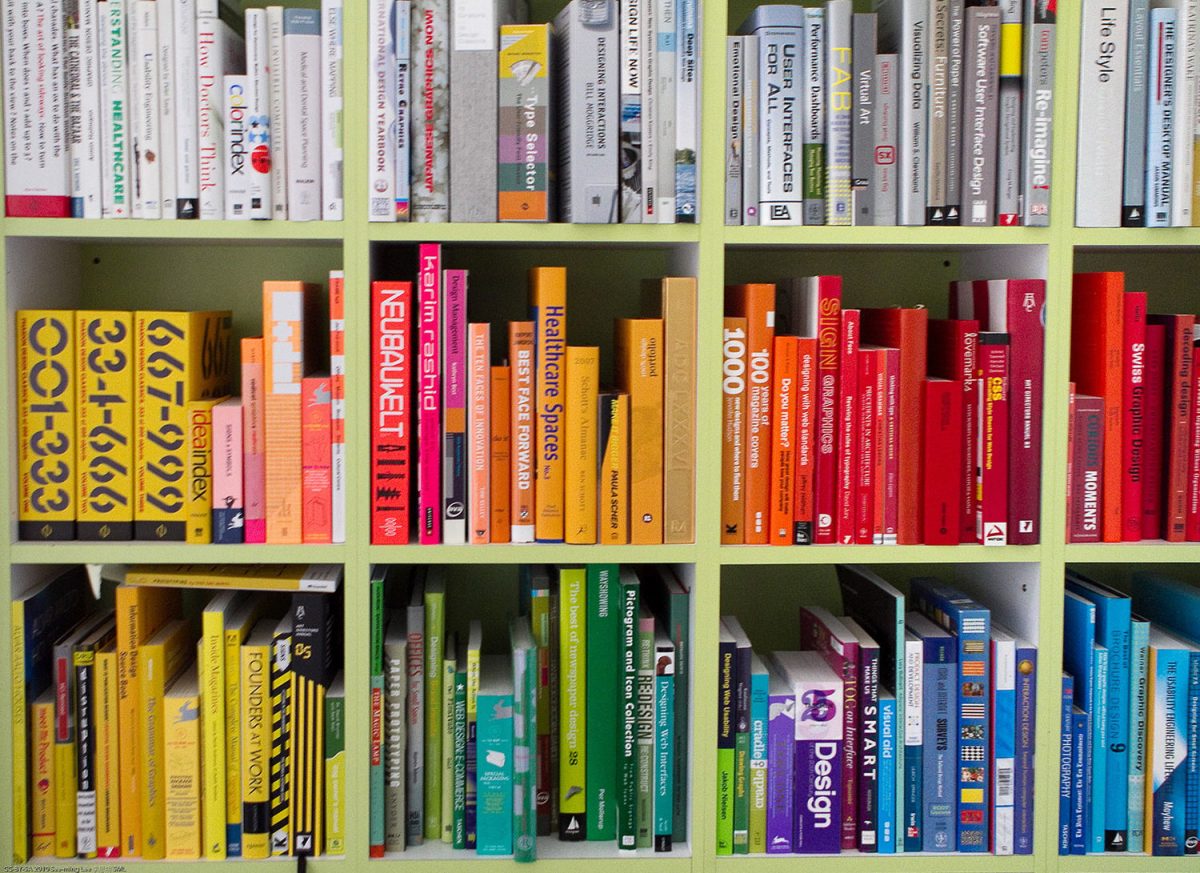All views and opinions expressed in this article are those of the author, and do not represent the Roar as a whole.
Recently, schools across the country have dealt with book bans. What does this mean for Potomac Falls students and more importantly, teachers?
Despite the United States being the land of the free, book bans historically have been fairly common in American public schools. During the Red Scare of the 1950s, with the widespread fear and panic surrounding the potential rise of communism, book bans were at an all time high. Although a past of censorship and book bans may seem far removed from the present day, American public schools are facing the most amount of book bans since the 1950s.
When discussing book bans, many focus on the limited perspective students are receiving, but not on the impact on teachers themselves. How does an English teacher feel about book bans in America and how do these bans impact Potomac Falls?
Jameson Zoller, a DE and AP English teacher, shares his insight. “Fortunately for me, four out of my five classes are AP and DE classes. So, under their current legislation, those classes aren’t subject to the same constraints Loudoun County is. I get to abide by different rules.”
According to LCPS’s Policy 5055, the policy’s goal is to “establish clear procedures for schools to (i) identify all instructional materials with sexually explicit content, (ii) ensure parental notification of any instructional materials with sexually explicit content, (iii) permit parents to review all instructional materials with sexually explicit content, and (iv) ensure alternative instructional materials, that do not include sexually explicit content, are provided in a non-punitive manner for any student whose parent so requests.” Although the caution may seem warranted, some are concerned the restrictions are less about sexually explicit content and more about policing classrooms.
“What it has impacted is this sort of sense of relationship between teachers, educators, parents, and family. The conversations around it create this chasm of space like somehow we’re on opposing sides whereas earlier in my teaching career or times where this hasn’t been as prominent in the conversation. You tend to feel like we’re all on the same page, working towards the same goal,” said Zoller.
According to Pen America, a nonprofit organization which believes in free expression in literature, over 1,600 books were banned in over 5,000 American schools during the 2021-2022 school year. Zoller explains that in LCPS, it is primarily young adult fiction books from classroom libraries that are causing controversy. “So, in terms of what’s actually happened in Loudoun County, I’m not sure there’s been a dramatic banning of books I would be up in arms about,” said Zoller.
In 2021, of the 1,648 banned books, 41 percent have LGBTQ+ themes or protagonists, 40 percent have predominant characters of color, 21 percent discuss race and 22 percent have varying degrees of sexual content. “The thing that bothers me is that the books being banned are voices that are less often heard or on the fringes or have less power behind them. When books come up in this conversation, they’re always by authors that are writing about or coming from a position of identity, gender, race, culture, or those kinds of things,” said Zoller.
Anything ranging from predominant LGBTQ+ characters, main characters of color, books with themes of race or racism, or any mention of sexual context, including sexual assault, abortion, and informational books about puberty have been banned across the states (NBC). “I don’t think most of those books have been banned at Potomac Falls as far as I know, but theoretically, it bothers me that we’re banning books by authors, writers, and communities that need to have a stronger voice,” said Zoller.
Bans in stricter states, such as Florida, can create a ripple effect even in Virginia schools. “I feel more for people who are in stricter counties and states. I think we do have in terms of our list, we have a good collection on our list of classics but then also newer,” said Marty Ryman, an English teacher at Potomac Falls.
Harsher restrictions, even in completely different parts of the country, change what is important for members of the English department. “I think it’s really heightened my awareness of what I emphasize as a teacher and what it means to be a critical thinker and what it means to be broadly aware of others perspectives,” said Zoller.
Although bans can create stress and tension, there could be a benefit to the shake up. “I think as a free society, we’ve become complacent and maybe this movement to ban books will heighten our awareness and make sure people don’t take these things for granted. Sometimes things like this can bump us into the right direction and shake us out of complacency. I think we’ve gone through cycles of this happening in the past,” said Zoller. History repeats itself, perhaps these restrictions will make younger generations more aware and interested in hearing the often banned and restricted voices of others.


